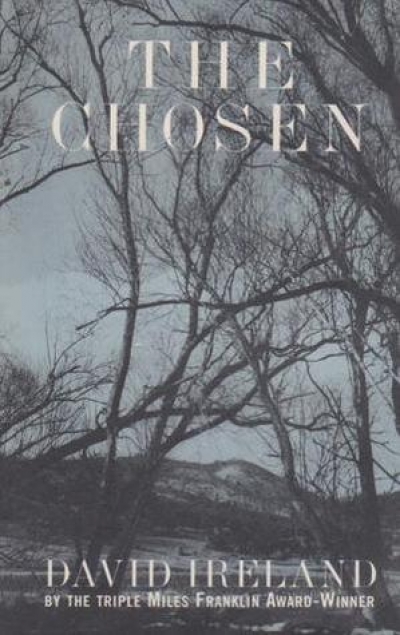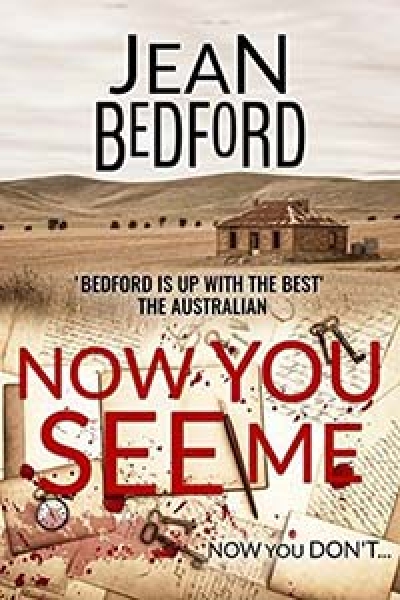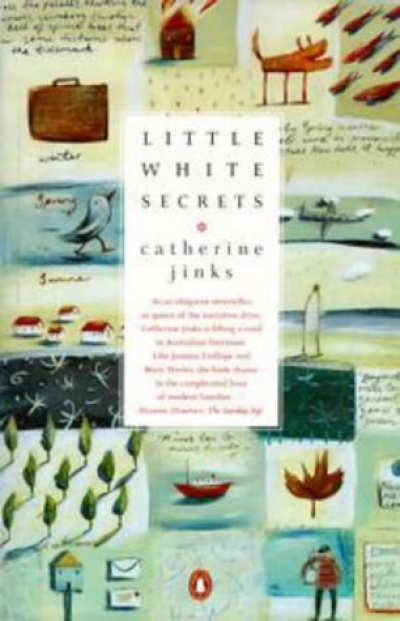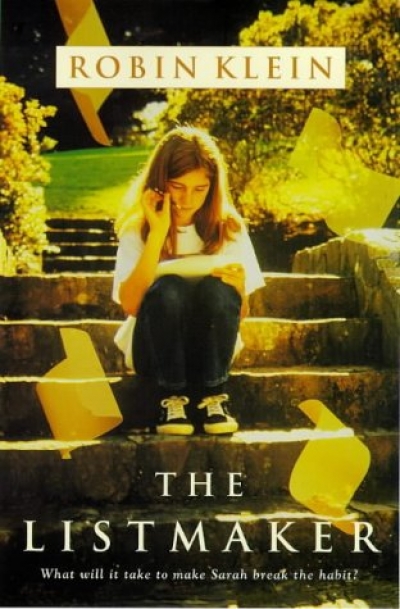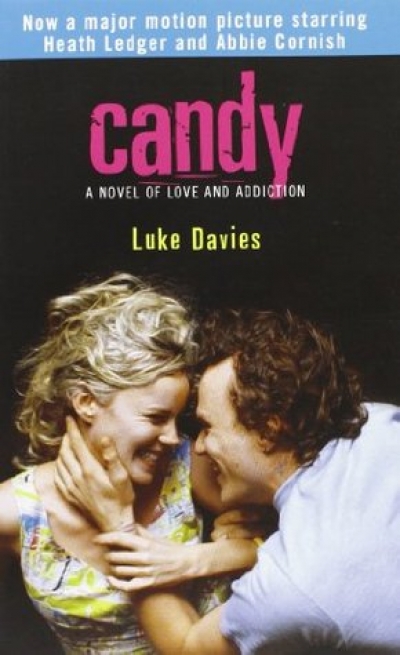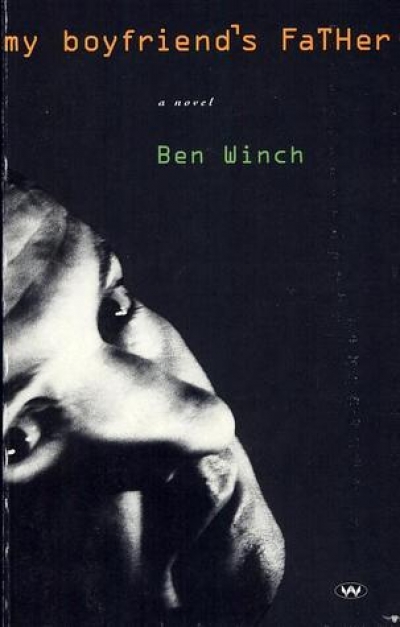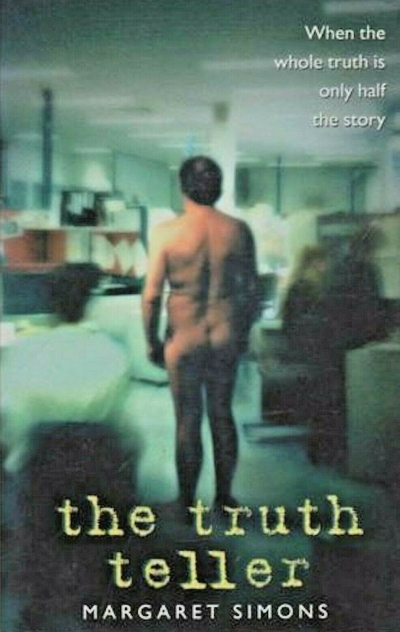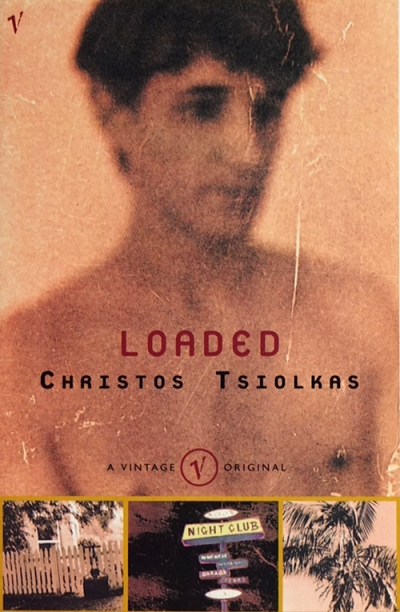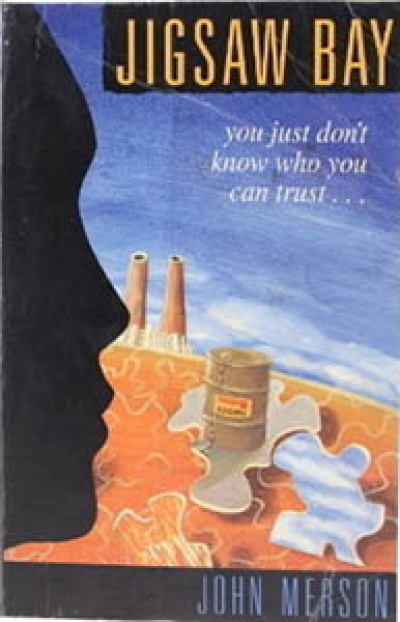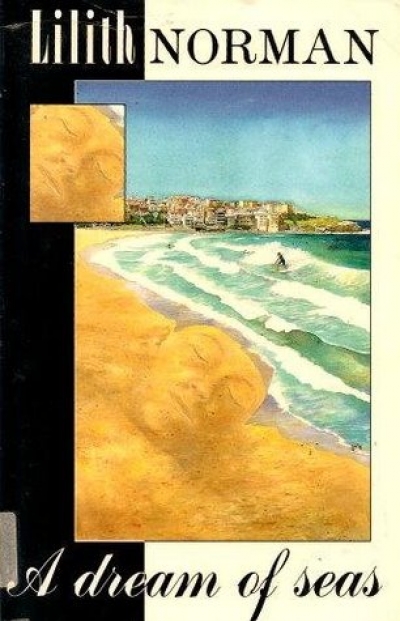Australian Fiction
Like much else about this novel, its title The Chosen is not the relatively straightforward affair it may, at first, appear to be. One assumes for the first hundred pages or so that the ‘chosen’ are those citizens of the small NSW Southern Tablelands town of Lost River who have been chosen by a randomising computer program to have their lives represented in the commemorative tapestry being woven as a civic project along with two other pet Town Council proposals, a new jail and a high-temperature incinerator. It’s a mode that critic Ken Gelder has called ‘dark pastoral’.
... (read more)The Listmaker by Robin Klein & The Apostle Bird by Garry Disher
My Boyfriend’s Father by Ben Winch & The Man Who Painted Women by John Newton
The Truth Teller is a novel about a man hiding from himself. Told with pith and passion by Margaret Simons, it chronicles the career of journalist, Simon Spence. Spence lives in an exterior world. He hides behind facts and what he understands to be the truth. But Spence’s truth is a public one, not private. His private truth lurks far beneath the surface, suppressed by the very nature of the journalist’s ‘truth telling’ work. Simons writes about a world she knows, as a former journalist on The Australian. Her crisp writing style is ideal for the ambiguity of the subject. With razor-sharp words Simons sends messages that are as soft and blurred as clouds. She conveys the subterranean urges of the soul (‘the earthworm heart of a man’) as concisely as the fast-paced media world that buries it.
... (read more)
